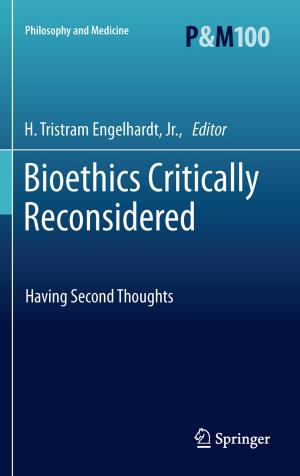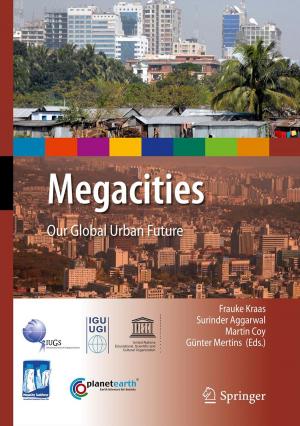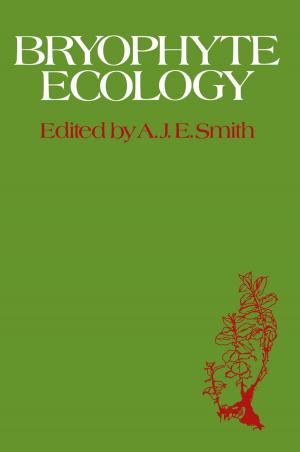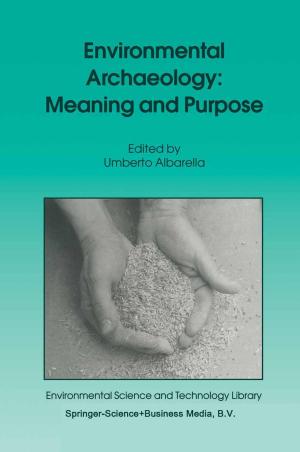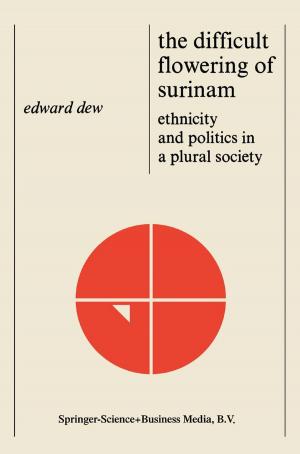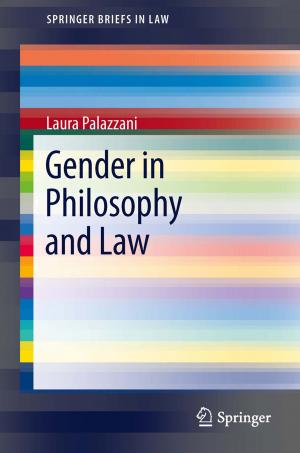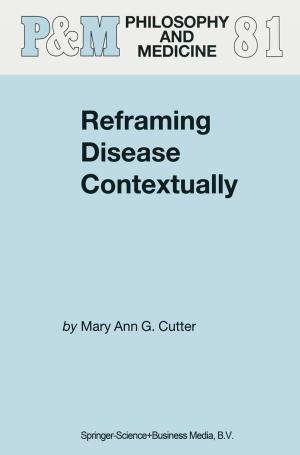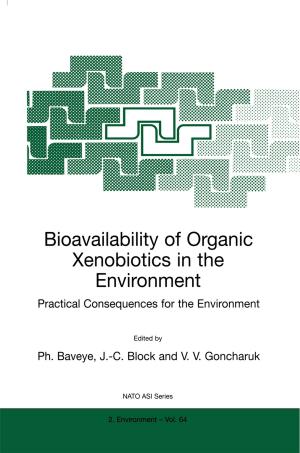Methods for the Determination of Vitamins in Food
Recommended by COST 91
Kids, Natural World, Nonfiction, Reference & Language, Education & Teaching, Science & Nature, Science| Author: | ISBN: | 9789400949447 | |
| Publisher: | Springer Netherlands | Publication: | December 6, 2012 |
| Imprint: | Springer | Language: | English |
| Author: | |
| ISBN: | 9789400949447 |
| Publisher: | Springer Netherlands |
| Publication: | December 6, 2012 |
| Imprint: | Springer |
| Language: | English |
In the course of the project COST 91 *, on the Effects of Thermal Processing and Distribution on the Quality and Nutritive Value of Food, it became clear that approved methods were needed for vitamin determination in food. An expert group on vitamins met in March 1981 to set the requirements which these methods must meet. On the basis of these requirements, methods were selected for vitamin A, ~-carotene, vitamin B1 (thiamine), vitamin C and vitamin E. Unfortunately, for vitamins B2 (riboflavin), B6 and D only tentative methods could be chosen, since the methods available only partially fulfilled the require ments set by the expert group. For niacin and folic acid some references only could be given because none of the existing methods satisfied these requirements, and for vitamin B , vitamin K, pantothenic acid and 12 biotin it was not considered possible to give even references. All methods were carefully described in detail so that every laboratory worker could use them without being an expert in vitamin assay. In October 1983 an enlarged expert group on vitamins approved the compilation of methods and approached a publishing house with a view to publication. The editors wish to thank Dr Peter Zeuthen, the leader of the project COST 91, for his interest in their work, and Mr G.
In the course of the project COST 91 *, on the Effects of Thermal Processing and Distribution on the Quality and Nutritive Value of Food, it became clear that approved methods were needed for vitamin determination in food. An expert group on vitamins met in March 1981 to set the requirements which these methods must meet. On the basis of these requirements, methods were selected for vitamin A, ~-carotene, vitamin B1 (thiamine), vitamin C and vitamin E. Unfortunately, for vitamins B2 (riboflavin), B6 and D only tentative methods could be chosen, since the methods available only partially fulfilled the require ments set by the expert group. For niacin and folic acid some references only could be given because none of the existing methods satisfied these requirements, and for vitamin B , vitamin K, pantothenic acid and 12 biotin it was not considered possible to give even references. All methods were carefully described in detail so that every laboratory worker could use them without being an expert in vitamin assay. In October 1983 an enlarged expert group on vitamins approved the compilation of methods and approached a publishing house with a view to publication. The editors wish to thank Dr Peter Zeuthen, the leader of the project COST 91, for his interest in their work, and Mr G.


